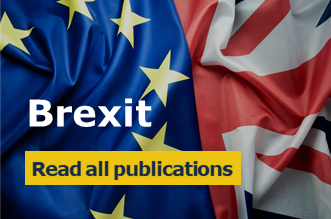This website uses cookies so that we can provide you with the best user experience possible. Our Cookie Notice is part of our Privacy Policy and explains in detail how and why we use cookies. To take full advantage of our website, we recommend that you click on “Accept All”. You can change these settings at any time via the button “Update Cookie Preferences” in our Cookie Notice.
Technical cookies are required for the site to function properly, to be legally compliant and secure. Session cookies only last for the duration of your visit and are deleted from your device when you close your internet browser. Persistent cookies, however, remain and continue functioning on repeat visits.
CMS does not use any cookie based Analytics or tracking on our websites; see details here.
Personalisation cookies collect information about your website browsing habits and offer you a personalised user experience based on past visits, your location or browser settings. They also allow you to log in to personalised areas and to access third party tools that may be embedded in our website. Some functionality will not work if you don’t accept these cookies.









Social Media cookies collect information about you sharing information from our website via social media tools, or analytics to understand your browsing between social media tools or our Social Media campaigns and our own websites. We do this to optimise the mix of channels to provide you with our content. Details concerning the tools in use are in our privacy policy.